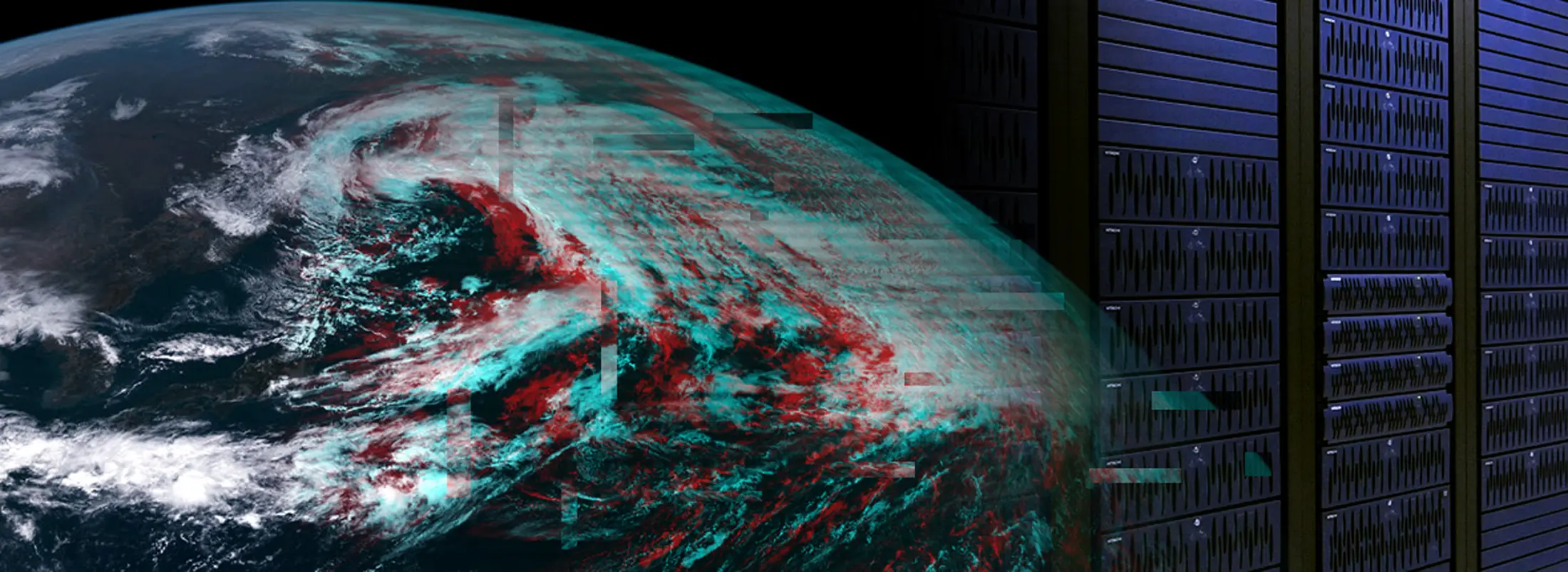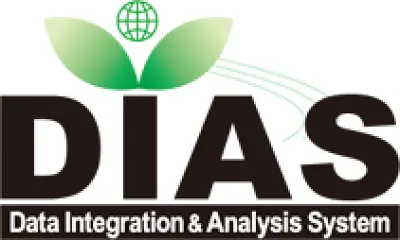Over 10,000 users have a DIAS account to use applications and to download datasets, and ~10 prototyping research projects are ongoing to analyze climate data, develop application software, to make useful information for solving climate-related and/or weather-related problems. Early Warning Programme (South Africa) Malaria Infection Prediction Early Warning System: The model with climate forecast data and malaria patient count data from local municipalities and medical institutions, provides malaria outbreak predictions. The model predictions are used to prepare the malaria outlook during November/December, and the information is passed to the iDEWS bureau to contribute towards containment actions such as insecticide spray planning decision-making. Water related Programme (West Africa, Philippine, Sri Lanka) Online Synthesis System for Sustainability and Resilience (OSS-SR): This is an e-learning function to provide users with introductory lectures, examinations, and classes of hands-on training, widely covering issues in climate change, flood management, and disaster risk reduction. Those who complete their e-Learning training through the OSS-SR, are then capable of utilizing the data system to send out official water related early warning/alerts, analyze risks and create hazard maps, are assigned to a city districts or communities to facilitate discussions to local adaptation action and urban planning and design, such as evacuation, contingency and land use plans. In the case of the Philippines until 2022, OSS-SR has empowered 93 national and local stakeholders (e.g., Department of Science and Technology, Department of Public Works and Highways, Metropolitan Manila Development Authority, and so on) and the importance of the OSS-SR has been widely acknowledged by the communities.


